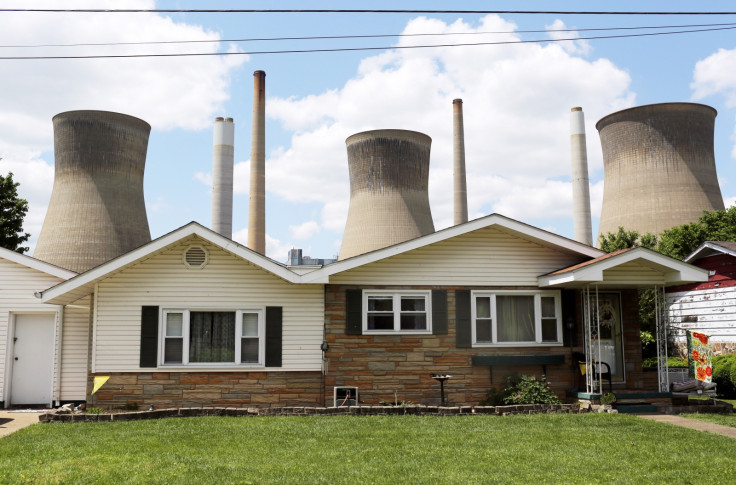Canada announces plan to phase-out coal power by 2030
The move comes after similar plans were announced by France, the UK and other European countries.

Canada has announced itself as the latest country planning to phase out coal-powered electricity in the coming decades. Environment Minister Catherine McKenna also said that the government would work with four provinces that still burn coal to reach a 2030 coal-free target.
Canada's 2030 target comes a week after French President Francois Hollande told the COP22 meeting in Marrakech, Morocco that France would shut all its remaining coal-fire plants by 2023, saying "we need carbon-neutrality by 2050."
The UK has a similar plan underway. In 2015, current Home Secretary Amber Rudd – in her previous role as Energy Secretary – said that coal plants would be closed in the UK by 2025. Though praised by environmental groups, it was also noted that the move was not in favour of renewable energy but towards natural gas, another fossil fuel.
In Canada, McKenna said that provinces would be assisted in halting the use of coal power but would also have the option to offset emissions using carbon capture technology. According to McKenna, 80% of Canada's energy already comes from sources that do not emit carbon – they hope to increase that to 90% by the 2030 goal.
"Taking traditional coal power out of our energy mix and replacing it with cleaner technologies will significantly reduce our greenhouse gas emissions, improve the health of Canadians, and benefit generations for years to come," said McKenna.
The moves by the Canadian and French governments are in stark contrast to the campaign promises of the US president-elect. Donald Trump has promised to roll back environmental regulations brought in under the Obama administration in attempts to revitalise America's dying coal industry, in order to create jobs.
© Copyright IBTimes 2025. All rights reserved.






















